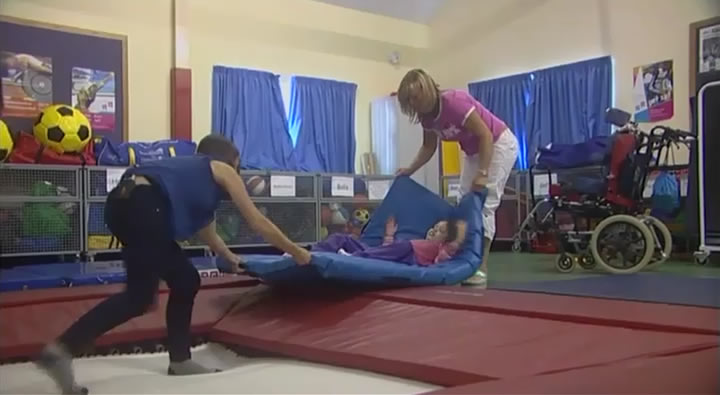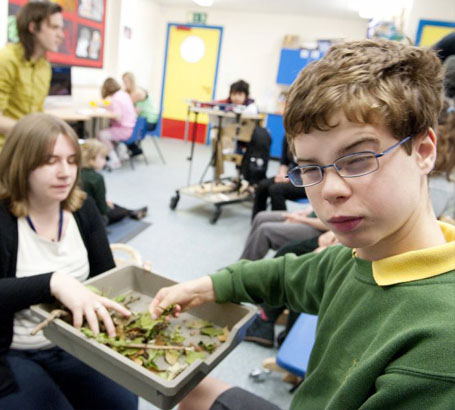
For children with PMLD, who are all learning at the early stages of intellectual development, the senses will represent a major focus of the curriculum.
Extending our understanding, use and control of our senses allows us fully to explore the world, how we interact with it, and how we interact with each other. Teaching through the senses, therefore, takes on a major significance.
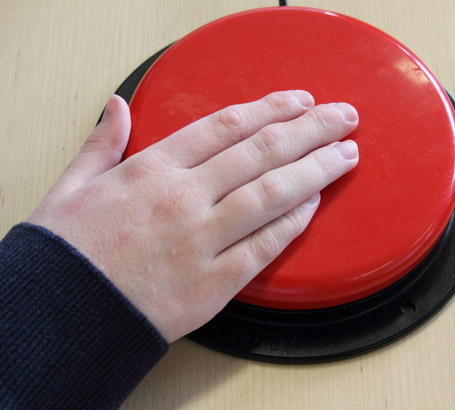
The seven senses (rather than five) encompass: sight (visual), sound (auditory), touch (tactile), taste (gustatory) and smell (olfactory), as well as the kinesthetic proprioceptive and vestibular senses.
These latter two physical senses take in our understanding of how the various parts of the body connect to each other, where we are in space and our sense of our bodies.
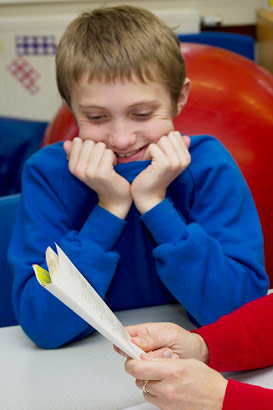
As a general rule, we should always try to work through a single sensory channel and try to resist working on too many
senses at once, if we can avoid it. There may be some times where we don’t want to avoid it, such as when telling
a sensory story, since here we may have sight, sound, touch, taste, smell and the kinesthetic senses all working together.
It's good to do this occasionally so as to give children practice at organising and filtering in a highly motivating setting
where everyone is having a great deal of fun, and where the story itself is repeated again and again.
This, however, does not alter the general rule of working on one sense at a time if we can, since too much indiscriminate sensory input is likely to confuse and confound.
Watch the video clip of a girl on a trampoline. Pay close attention to the girl’s reaction.
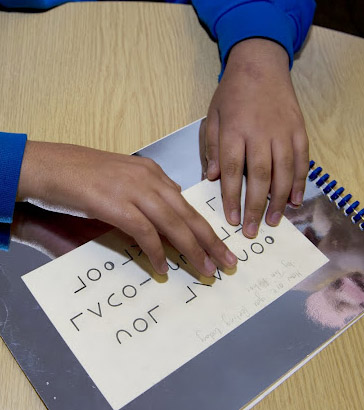
Imagine the situation in which you were deprived of one of your senses. Which would you miss most? Which do you think you would most easily manage without?
It’s tempting to think that sight is the dominant influence because it's so central to our lives, but the senses all work together and are equally influential in helping us make sense of the world.
Be aware of the importance of all the senses, and avoid prioritising one at the expense of others.

Longhorn, F. (1988) A Sensory Curriculum for Very Special People, London: Souvenir.
Beckerleg, T. (2009) Fun with Messy Play: Ideas and Activities for Children with Special Needs, London.
Kingsley, J. Brown, N., McLinden, M. and Porter, J. (1998) ‘Sensory Needs’ in Lacey, P.
and Ouvrey, C. (eds) People with Profound and Multiple Learning Disabilities, London: David Fulton.
McLinden, M. and McCall, S. (2002) Learning Through Touch. London: David Fulton.
Pagliano, P. (2001) Using a Multisensory Environment: A Practical Guide for Teachers, London: David Fulton.
